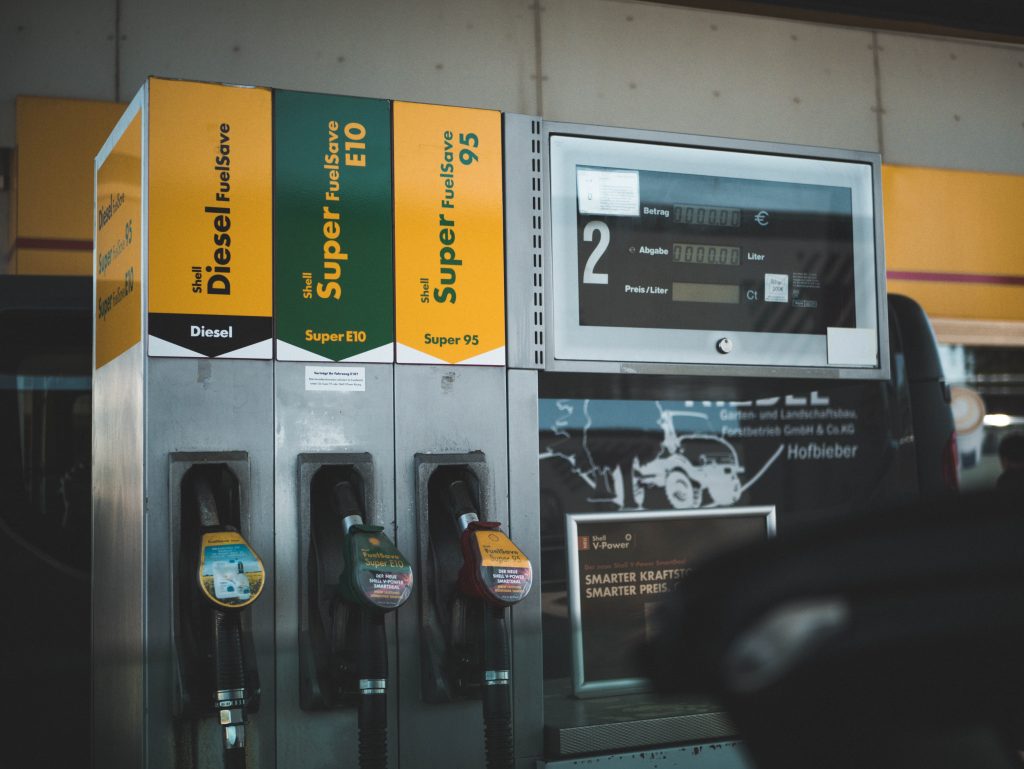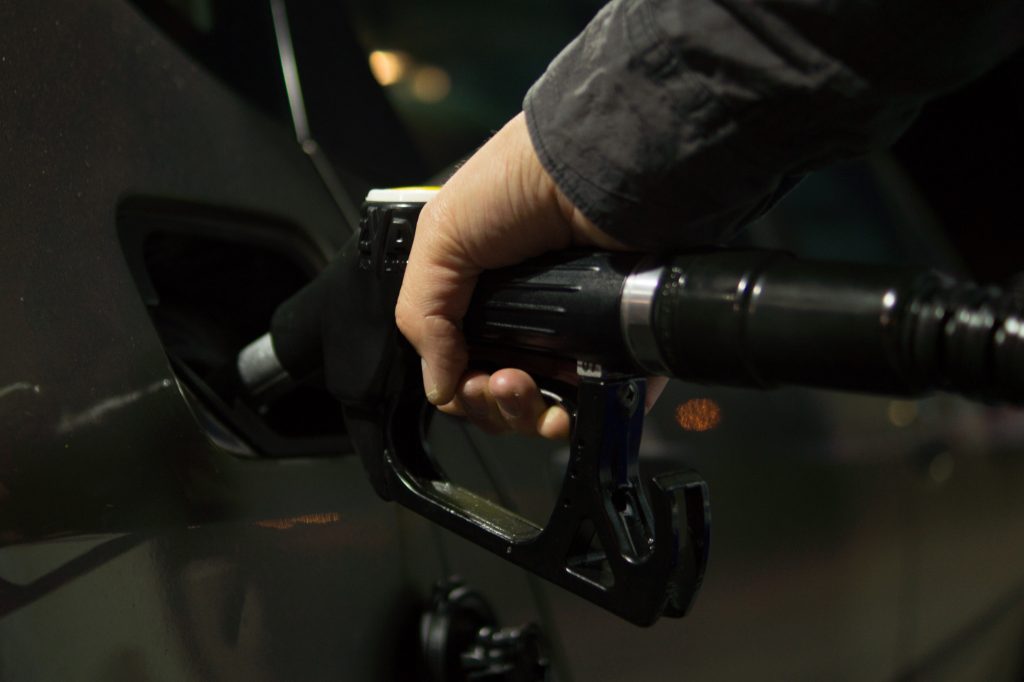Diesel vs. Gas 101
August 1, 2020

Diesel vs. Gas 101
If you are considering buying a new automobile, make sure to compare all the pros and cons of diesel verses gas. There are many things to consider when deciding if diesel or gas is better.
Before we go into what one is better, we should talk about the difference. Diesel engines and gasoline engines are very similar. The only real difference between them is the way their explosions happen. In a gasoline engine fuel is mixed with air and compressed by pistons and sparks from the spark plugs. But in a diesel engine, the air is compressed first and then the fuel is injected. Since air warms up when compressed it then causes the fuel to ignite.
Pros to Diesel

Buying a diesel automobile comes with many pros like lower maintenance, lower fire hazard, and greater torque. A huge pro is that diesel automobiles get great mileage. Usually, they deliver 25 to 30 percent better fuel economy than gasoline engines. They can also deliver as much or even more fuel economy than gasoline-electric hybrids. Diesel fuel has a higher density than gasoline therefore it requires less fuel to generate the same power as gas.
Cons to Diesel
Although prices for diesel fuel used to be cheaper than gasoline, they cost the same or sometimes even more. Since diesel is used for commercial trucks, homes, etc. the demand will keep growing and so will the prices. Compared to gasoline, diesel-powered engines tend to run slower. When you do need work with diesel cars it tends to be more expensive because diesel cars are more technologically advanced.

Pros to Gas
Gas cars are usually cheaper than diesel because there is less research and development cost that goes into it. Another benefit that comes with gasoline cars is range. You could potentially go 400 miles in a gasoline car before needing to refuel but most diesel cars can’t go that far. Gasoline cars also have way more raw power. Gasoline cars have systems like displacement-on-demand, and this allows the car to shut off some cylinders to save gas under certain conditions. This makes gasoline cars have better horsepower and efficiency.
Cons to Gas
Some cons that come with gasoline cars is that they are bad for the environment and can contribute to climate change. It can also raise health concerns. It isn’t good if there are any spills or accidents that cause gasoline exposure. It can contaminate drinking water nearby and high levels could cause cancer. Also, the earth is running out of fossil fuels and gasoline is a large component.
It’s always a great idea to look at all your options when making a significant decision like a vehicle purchase. There’s a huge range of makes and models out there so whichever way you’re leaning, you’re bound to find the perfect vehicle! Happy driving!
View All Entries
